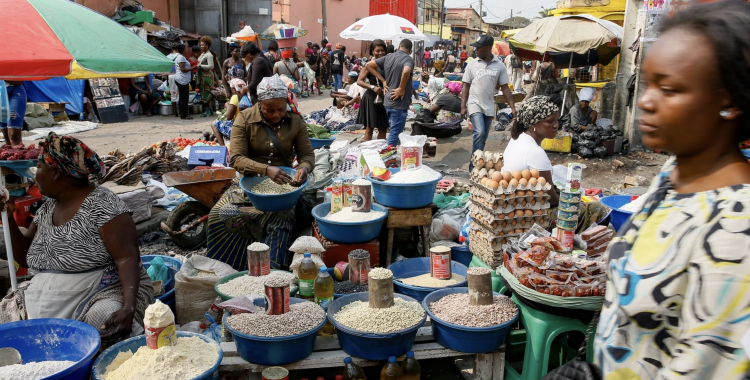"The list of socioeconomic problems that challenge, afflict and suffocate the lives of citizens and families are well known and duly identified. Reports from dioceses and studies on our social reality illustrate this situation well, the lives of families and citizens do not it's easy", said the president of the Episcopal Conference of Angola and São Tomé (CEAST), José Manuel Imbamba.
The Angolan archbishop considered that this situation was due to a profound ethical crisis, urging citizens, public and private managers and politicians to analyze their conscience.
"My conviction is that everything bad we are living and experiencing is due to a profound crisis of ethics", stated José Manuel Imbamba, when speaking at the opening of this year's 1st Plenary Assembly of CEAST Bishops, which began, this Tuesday, in the province of Malanje.
For the Catholic prelate, society is currently experiencing an era of fragmentation of consciousness in relation to ethical references: "We no longer have an axiological framework of social unanimity as in traditional society."
"The awareness of evil, injustice and sin is disappearing dramatically, it no longer bothers us, the sense of honor and dignity no longer fits our profile, selfishness or individualism is overshadowing and banishing the sense of the common good", he pointed out.
Dom Imbamba said, on the other hand, that the fragmentation of conscience in relation to ethical references has reached "degrading and irresponsible levels that translate into corrosion, nepotism, cronyism, friendliness, clubism and the vandalization and dilapidation of public assets".
The president of CEAST also said that domestic production "remains constrained", speculation in the prices of basic products continues to rise, drastically affecting citizens' purchasing power, Angolan companies continue to be suffocated and many are dying "due to lack of ethics".
Citizens "are losing respect for institutions, politics no longer seeks the good of citizens, but rather of activists, in short, due to a lack of ethics, religion has become commerce and many churches have become spaces of depravity, violence and bewilderment", he criticized.
"This is our biggest and most dangerous disease that is slowly eating away at us from the inside," he noted.
The priest defended that the country must make a "big bet" on ethics applied to the public service, as an instrument of control, aiming at ethical management of the public service so as not to fall "into discredit and inertia, always repeating the same mistakes that generate misery, hunger, injustice, dissatisfaction and despair".
"The ethical management of the public service will transform us into serious, honest and responsible citizens and employees, exemplary, measured, competent, committed and detached, capable of guaranteeing a good level of execution of the public policies outlined by the executive and with a high sense of belonging and State", concluded José Manuel Imbamba.
The first annual plenary session of CEAST bishops runs until March 4th and the agenda includes religious and social issues.







